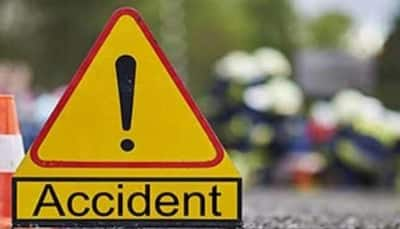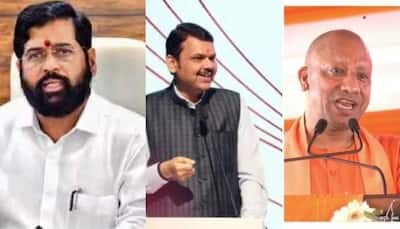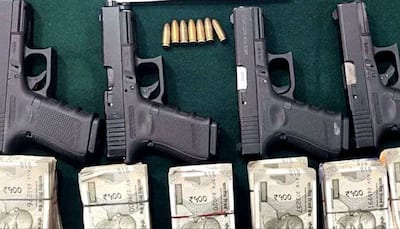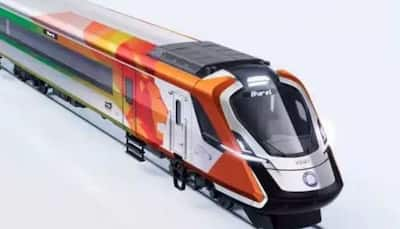Amid a major push for the Vande Bharat express trains in India, the production of Vande Bharat sleeper trains has hit a significant roadblock, with design finalisation still pending over 14 months after a joint venture (JV) agreement was signed between an Indo-Russian consortium and Indian Railways.
The JV, led by Russian company TMH (Transmashholding), which is responsible for manufacturing 1,920 Vande Bharat sleeper coaches, has cited delays in finalizing the design due to new requirements imposed by Indian Railways.
These modifications, including additional toilets, luggage zones, and a pantry car in each coach, are said to be complicating and prolonging the design process.
Kirill Lipa, CEO of TMH, expressed frustration at the slow pace of decision-making and the impact it is having on the project timeline. “If Indian Railways will postpone the process further, the timeline for execution will definitely be impacted. We are eager to begin production, but we are spending months just sending letters and waiting for explanations,” Lipa said.
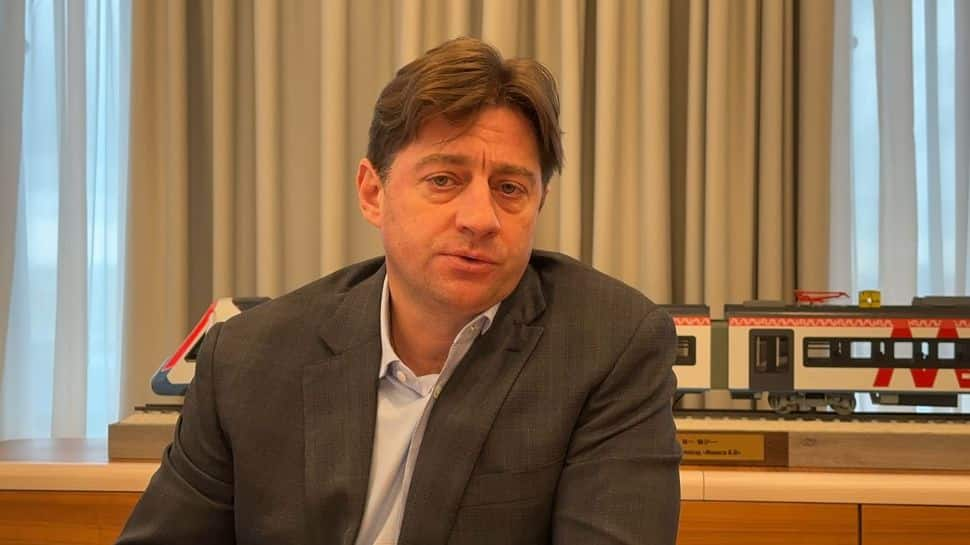
He believes the outstanding issues could be resolved quickly, stating that all matters could be addressed in a matter of hours, yet they remain unresolved.
The contract, worth Rs 55,000 crore, was signed in September 2023 between Kinet Railway Solutions—a special purpose vehicle (SPV) formed by TMH and Rail Vikas Nigam Limited (RVNL), an Indian PSU—and Indian Railways.
It is part of India’s ambitious plan to overhaul its railway network with faster and more modern trains, and the Vande Bharat sleeper coaches are expected to play a pivotal role in this modernization.
The issue was raised at the India-Russia Inter-Governmental Commission for Trade, Economic, Scientific, and Cultural Cooperation (IRIGEC-TEC) meeting in Delhi last week, chaired by India’s External Affairs Minister S. Jaishankar. Lipa expressed hope that the Indian government would provide clarity and support for resolving the design disputes, ensuring that the project could proceed smoothly.
“While we are not seeking pressure from the Russian government, we do need clear explanations from Indian Railways. With the support of Indian leaders, I am optimistic that we will find a resolution and move forward,” Lipa added.
Initially, the JV had hoped to unveil the first prototype by the end of 2024. However, the Indian Railways’ demand for design revisions has led to delays, prompting TMH to revise its projections.
Lipa now anticipates that the prototype may be rolled out by the second quarter of 2025, with the final delivery set to be completed by the end of 2025 as per the contract terms.
One of the main issues revolves around the increased number of toilets. Initially, the plan was for three toilets per coach, but the revised design calls for four, along with luggage compartments in every coach—features that were not part of the original tender.
The requirement for a pantry car on every train has also been added, significantly altering the train’s layout and requiring additional engineering work.
“These changes are not just cosmetic; they affect the entire coach design,” Lipa explained. “For example, adding an additional toilet is not a simple matter. It requires adjustments to the coach’s engineering infrastructure, including window placements, seating arrangements, and even the structural layout.”
The pantry car requirement presents another challenge, as it involves complex installations for cooking, electricity, heating, and water systems that must comply with Indian Railways’ safety standards, including fire safety provisions. “This is not just about adding a kitchen; it’s a full engineering overhaul,” said Lipa.
In response to these modifications, TMH has requested compensation and a formal re-signing of the contract to reflect the changes and avoid any future legal complications. “We have communicated these concerns through official letters, including a recent one on September 27, but the contract has not been renegotiated yet,” Lipa said.
As of now, the delay has raised concerns about meeting the project’s deadlines, which could further impact the rollout of modernised sleeper trains aimed at improving travel comfort and efficiency across India’s vast railway network.
Stay informed on all the , real-time updates, and follow all the important headlines in and on Zee News.

